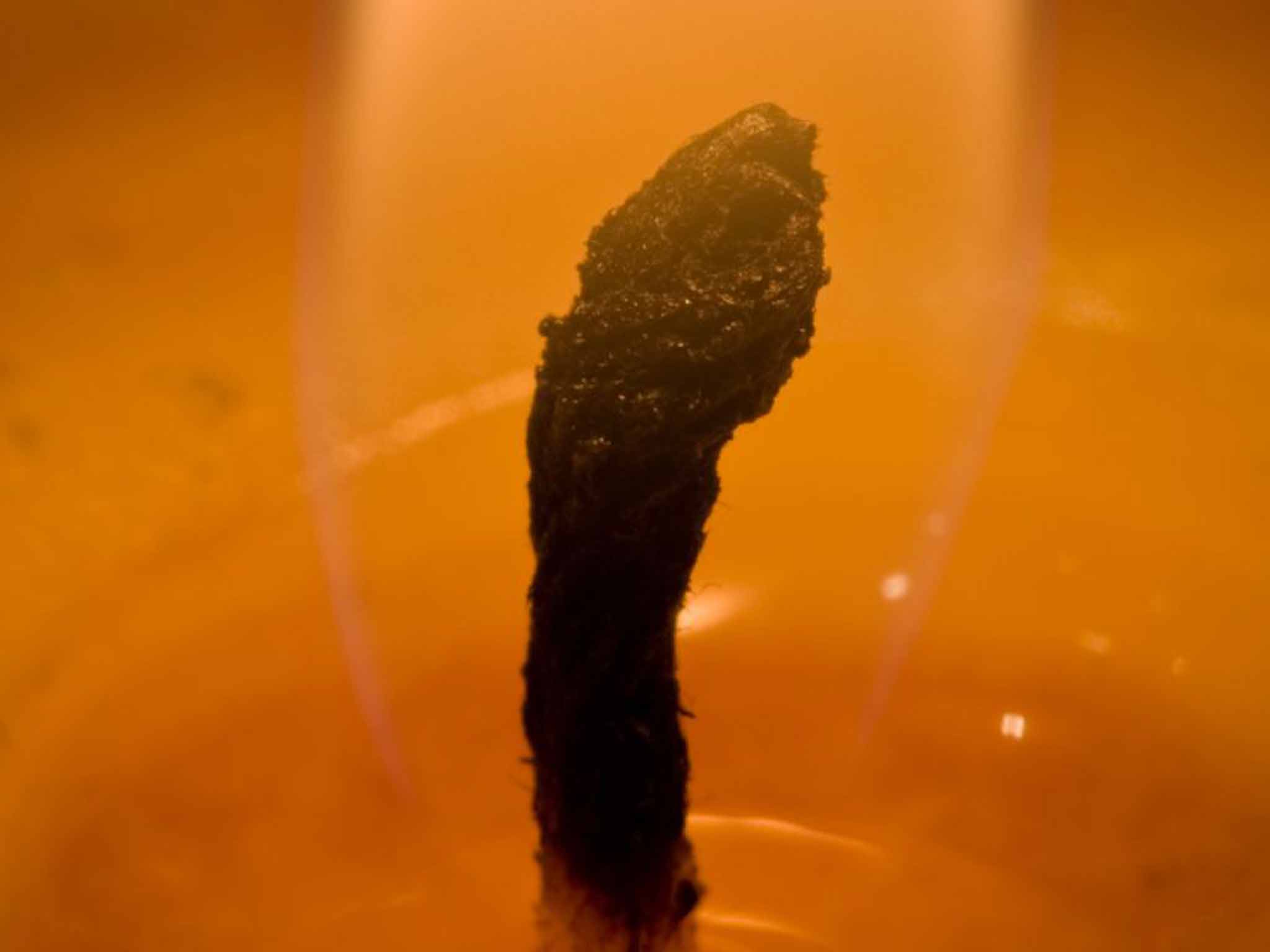Scenting our homes could ruin our lungs, claims new research, so best open a window
But what are we meant to do, asks Kate Wills, when the air outside is even filthier?

“Is Your Scented Candle Killing You?” It sounds like the latest entry to John Rentoul's “Questions To Which The Answer Is No”. But I am only too aware of how dangerous home fragrances can be – and not just because I have been known to drop unholy amounts of hard-earned cash on a Diptyque number.
I was around six years old, or so family folklore goes, when I decided to eat a handful of what I thought were delicious nuts and dried fruit that my granny had kindly left out for me in a bowl. It turned out to be pot pourri. I'd somehow eaten a good few handfuls before the realisation kicked in, and the memory of the floral-perfumed vomit that promptly ensued (or rather, enspewed) still lingers to this day.
But it could have been worse. A report by The Royal College of Physicians has found that home fragrances such as air fresheners and scented candles are up there with passive smoking in causing potentially toxic indoor air quality. Gas cookers, household cleaning products and wood-burning stoves are also to blame. According to the report, “indoor air pollution may have caused or contributed to 99,000 deaths annually in Europe”.
Hmm. Humans have been masking bad smells at home since antiquity. My own personal nemesis – pot pourri – originated in 17th-century France, when dried petals and plants were scattered on floors, and the first modern air freshener was introduced in 1948, based on military technology for dispensing insecticides. When aerosols fell out of favour in the CFC-aware 1980s, in came the mists, oils, gels, beads and plug-ins; and today's aspirational living rooms often feature at least one smelly candle or reed diffuser (those things with the sticks hanging out). In the UK, we spend nearly £400m a year on indoor fragrances, so the news that they could be “silent killers in our homes” has understandably had people suspiciously eyeing up their Glade Plug-ins.
Jokes aside, the RCP's report estimates the cost of the damage done by indoor and outdoor pollution to be £20bn. “When our patients are exposed to such a clear and avoidable cause of death, illness and disability, it is our duty to speak out,” says Professor Stephen Holgate, an asthma expert at Southampton University who led the report.
But surely lighting a candle that smells of a spring meadow doesn't have the same effect as standing on a dual carriageway with your mouth wide open? No. But it's still not great. A study conducted by the University of York in January found that home-fragrance perfumes can mutate when they come into contact with the air. Limonene is a chemical given off by many scented candles and plug-ins which, when it is oxidised, can result in formaldehyde, a carcinogenic poison also used to embalm bodies.
I reach out to the Diptyque press office, who inform me that all their candles “comply with EU regulations (which are very strict)”. Jo Malone, NEOM and various other purveyors of deliciously-scented wax fail to get back to me. However, Professor Ally Lewis, who led the York study, stresses that candles are just one of many sources of emissions in the home. “The key issue here is that ventilation has decreased markedly over the past couple of decades, due to improved energy efficiency,” he explains. “Historically, we could have relied on our draughty windows and doors to make sure any secondary chemicals were swept outside, but in modern offices and houses, air exchange is much reduced.” Indeed, he adds, “For many people, outdoors air is probably now cleaner than indoors, so ventilation is a very good idea.”
So, just open a window. Unless you live in one of the 18 areas of the country where outdoor air-pollution levels exceed safe limits. London, Birmingham, Belfast and Caerphilly are particularly smoggy, and street-level air pollution, mostly from vehicles, causes 40,000 deaths a year here. It's so scary, you almost want to relax with a nice scented candle.
Join our commenting forum
Join thought-provoking conversations, follow other Independent readers and see their replies
Comments